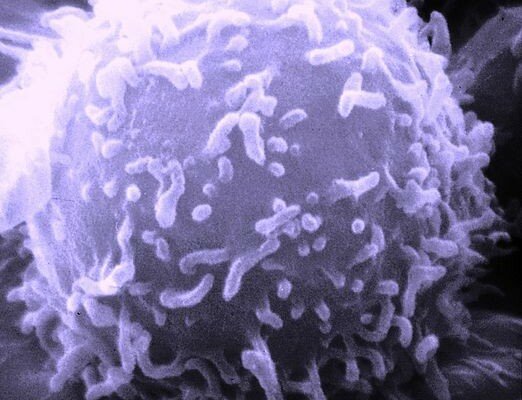
A Microfluidic Platform Lets Researchers Observe A Crucial Step In Cancer Metastasis
MIT researchers and biomedical engineers led by Roger Kamm, professor of Biology and Mechanical Engineering, have formulated a microfluidic instrument that imitates how cancer cells move through the blood vessels. Using time lapsed and high resolution imagery, the researchers have managed to capture the process of cancer cells squeezing their way through a blood vessel wall and into the encompassing extracellular matrix. The progression is extremely dynamic and a more in depth understanding of the process could make it possible for scientists to identify treatment options that have the potential to prevent metastasis according to a paper published in the Integrative Biology journal.
Cancer Metastasis
Cancer cells metastasize in a number of stages, beginning by penetrating the surrounding tissue, followed by infiltrating and dispersing by the circulatory system. Some of the circulating cells move out of the vascular system and eventually form a secondary tumor. While the preliminary process where cancer cells enter the bloodstream ( intravasation) is well recognized, how the cells break free from blood vessels to penetrate other organs and tissues is still unclear; this process (extravasation) is a critical stage in cancer metastasis.
Now that the team has come up with a model for extravasation, the goal is to use it as a filter for drugs that could eventually prevent it and in the process a lot can be learned along the way.
Going forward the group plans on looking into how likely a specified cancer cell is to multiply and blend with others after it has moved into the surrounding tissue. In addition, the researchers are patterning a variety of tissues located within the microfluidic platform, as well as bone, in order to study how cancer cells form the inception of secondary tumors. MIT is one of the best mechanical engineering schools in the world and the important findings of this research are a testament to its success and that of its students.
Associate Professor Muhammad Zaman, Boston University’s biomedical engineering has said that tumor intravasation is a significant factor in metastasis which has been inadequately understood because of a lack of effective and scalable tools. Professor Zaman stated that the work done by Kamm and his team has presented a remarkably innovative, controlled system to analyze this important process in incredible detail. Zaman went on to say that the impact of Kamm’s findings will be profound and that he anticipates that both pharmaceutical companies and researchers will use what they developed as a tool to characterize and analyze the very complex processes of tumor extravasation.